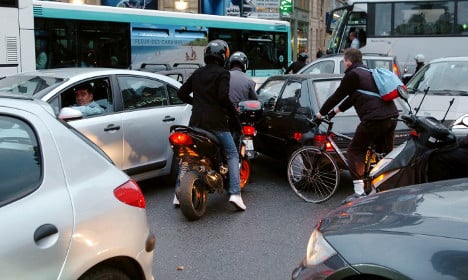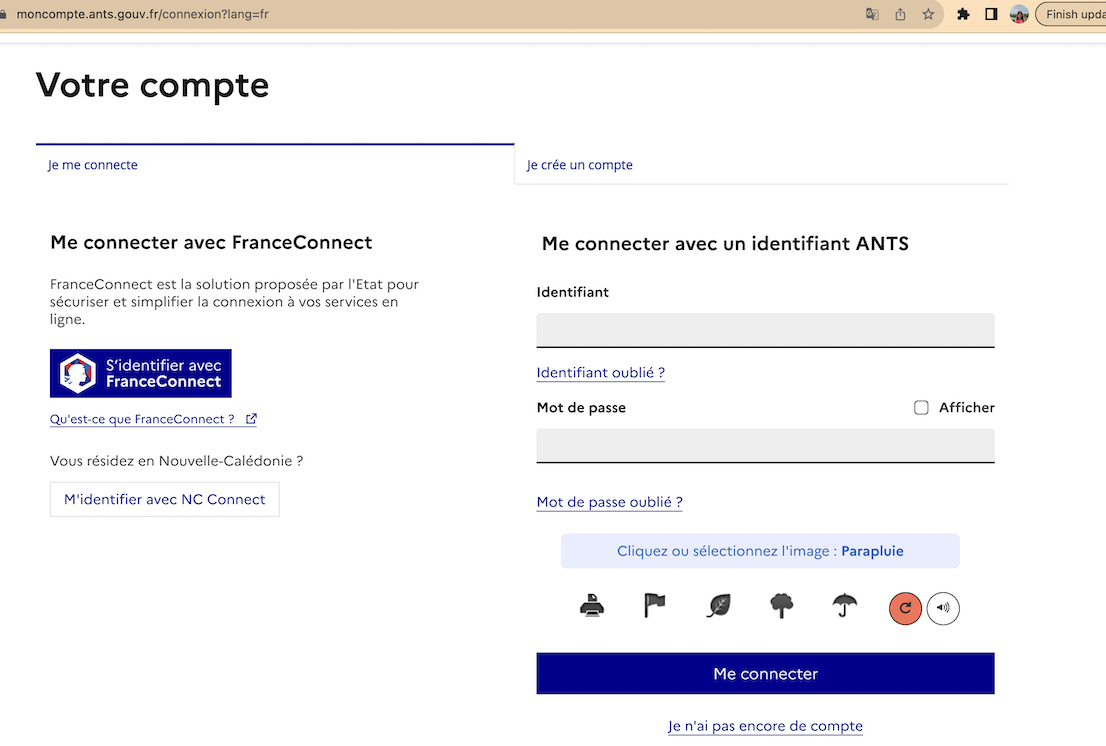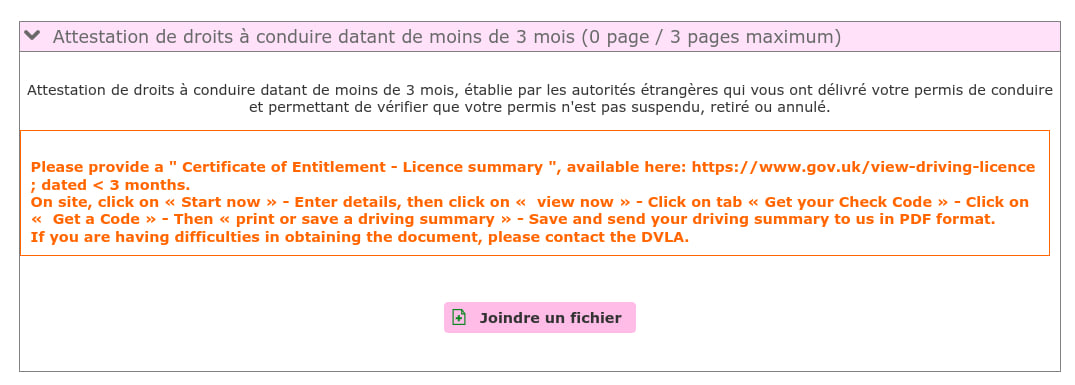But not all cities are equal when it comes to traffic jams.
First the bad news.
Paris, as you might have expected, is the most congested city in the country, with its drivers spending an average of 45 hours bumper to bumper. And while congestion has decreased in France as a whole, in the capital it actually saw a 0.1 percent increase last year.
Now the good news. Paris is only 15th in the last of the worst cities in Europe for traffic jams, with its eternal rival London earning that unwanted crown, followed by Stuttgart, Anvers, then Cologne.
London was the undisputed traffic jam champion of Europe, with its drivers spending a whopping 101 hours in traffic, or over four days.

It won't surprise most of you that the worst road for congestion was the noose around the city's neck – the Péripherique (or the Periphereeeeeeeeeeeek! as those of us who have driven on it call it)

Lyon residents can feel smug; they might have spent an average of 36 hours in traffic last year, but thanks to works to improve the city's traffic flow, this was actually an overall drop of four and a half hours.
And the other cities to make up the top ten for the worse traffic jams were, in the following order: Toulon, Bordeaux, Toulouse, Strasbourg, Grenoble, Nantes, Rennes and Caen ( see table).
| Rang | France Métropolitaine | Heures perdues en 2015 | Différence vs 2014 (en heures) |
| 1 | Paris | 45,35 | 0,1 |
| 2 | Lyon | 36,07 | -4,4 |
| 3 | Toulon | 35,48 | 1,2 |
| 4 | Bordeaux | 34,83 | -1,1 |
| 5 | Toulouse | 34,72 | -1,4 |
| 6 | Strasbourg | 33,8 | -0,6 |
| 7 | Grenoble | 31,28 | 0,2 |
| 8 | Nantes | 30,58 | 0,1 |
| 9 | Rennes | 27,95 | = |
| 10 | Caen | 25,15 | 0,1 |
It was a road in Normandy which was crowned France’s most congested: the D6015 which links Rouen with Notre-Dame-de-Blondeville. (For the top ten congested roads in France see table below)
The figures come from Inrix, a company providing data analysis on traffic and transport, which ranked 96 European cities in order of how much time their residents spent in jams.
France came seventh in the rankings, while the top three spots were occupied by Belgium, the Netherlands and Germany.
However, the drop in French traffic jams is not necessarily something to celebrate, as Inrix suggested that the country's worsening economy could be the cause.

The company’s general director Bryan Mistele explained: “For the fourth consecutive year, road congestion decreased in France. This phenomenon is partly explained by the economic slow-sown and by the increased rate of unemployment, which reduced the number of drivers and thus led to less traffic.”
Inrix has previously reported that France's traffic jams are on their way to becoming the world's costliest, currently setting the country back €17 billion per year because of direct and indirect costs including wasted fuel, lost work time, or increased wear and tear of vehicles.
And driving in France should be getting a bit more pleasant this week at least, as motorists are encouraged to think of others for International Courtesy at the Wheel Week.






 Please whitelist us to continue reading.
Please whitelist us to continue reading.
Member comments